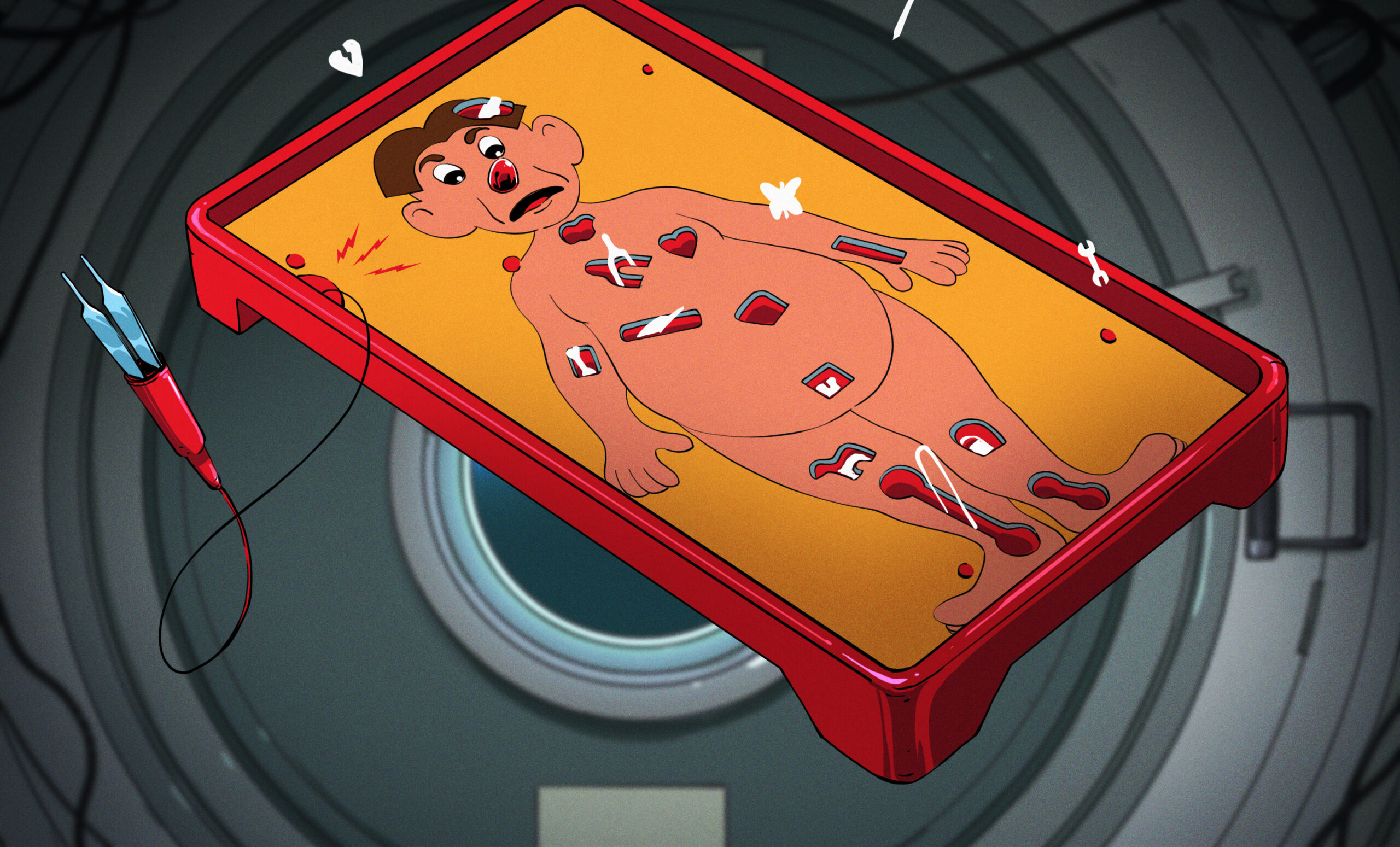Medical procedures in space have become a critical consideration as humanity pushes further into the cosmos. While astronauts aboard the International Space Station (ISS) currently face limited medical resources for emergencies, research is underway to explore the feasibility of performing surgery in microgravity. This exploration highlights the necessity of adapting medical practices to meet the unique challenges posed by space travel.
The notion of a “Golden Hour” exists on Earth, referring to the crucial time frame for administering medical treatment after a traumatic injury. On our planet, urban areas often have access to Level 1 trauma centers, allowing rapid treatment of severe injuries. However, astronauts are an isolated population. Once in orbit, they face unique risks, including the possibility of traumatic injuries from accidents or space debris, yet they lack immediate access to surgical facilities.
The history of medical incidents in space has been relatively fortunate. Most on-orbit health issues have been minor, such as cuts and nasal congestion. Serious conditions, like cardiac arrhythmias, have occurred without necessitating intervention. This can be attributed to the rigorous selection process for astronaut candidates, ensuring that only those in peak health embark on missions. Furthermore, pre-flight quarantines minimize the risk of infectious diseases aboard the ISS.
Nevertheless, the absence of surgical protocols poses a significant concern. Current medical kits aboard the ISS are well-stocked, but they are not equipped for surgical procedures. In emergencies, the protocol is to stabilize the patient and evacuate them back to Earth, a process that can take several hours. This delay raises questions about the adequacy of care astronauts can receive during missions further from Earth, where evacuation may not be an option.
As space agencies plan for longer missions, particularly to destinations like Mars, the possibility of performing surgery in space becomes increasingly urgent. Research conducted by a multidisciplinary team in Canada in 2016 demonstrated the potential to carry out surgical procedures under weightless conditions. Using a Dassault Falcon 20 Research Aircraft, surgeons practiced trauma procedures in simulated microgravity, yielding promising results despite the challenges.
The study involved ten surgeons performing a common trauma procedure, focusing on hemorrhage control for a liver laceration. While challenges arose during the simulation, such as difficulties in maintaining orientation, the objective measures indicated that surgeries could be executed effectively in zero gravity. These findings suggest that while the basic mechanics of surgery may be manageable, significant advancements in surgical training and techniques will be necessary before undertaking such procedures in space.
Medical emergencies, particularly urological problems, also present risks for astronauts. Historical incidents, such as astronaut Fred Haise‘s urinary tract infection during the Apollo 13 mission, highlight the need for improved hydration and preventive measures in space. Kidney stones, exacerbated by fluid redistribution in microgravity, have occurred in past missions, underscoring the potential for severe complications.
Looking ahead, as missions extend deeper into space, the ability to perform surgery will become increasingly vital. Research initiatives, like those at the University of Kentucky Louisville, aim to develop surgical tools and techniques suitable for the unique conditions of space. The exploration of microgravity surgery may one day ensure that astronauts receive necessary medical care without the lengthy wait for evacuation.
In summary, while the prospect of performing surgery in space remains daunting, ongoing research is paving the way for future advancements. As humanity prepares for longer missions beyond Earth, addressing the challenges of medical emergencies in space is essential for the safety and well-being of astronauts. As we venture into the final frontier, the need for effective medical solutions will be paramount.
